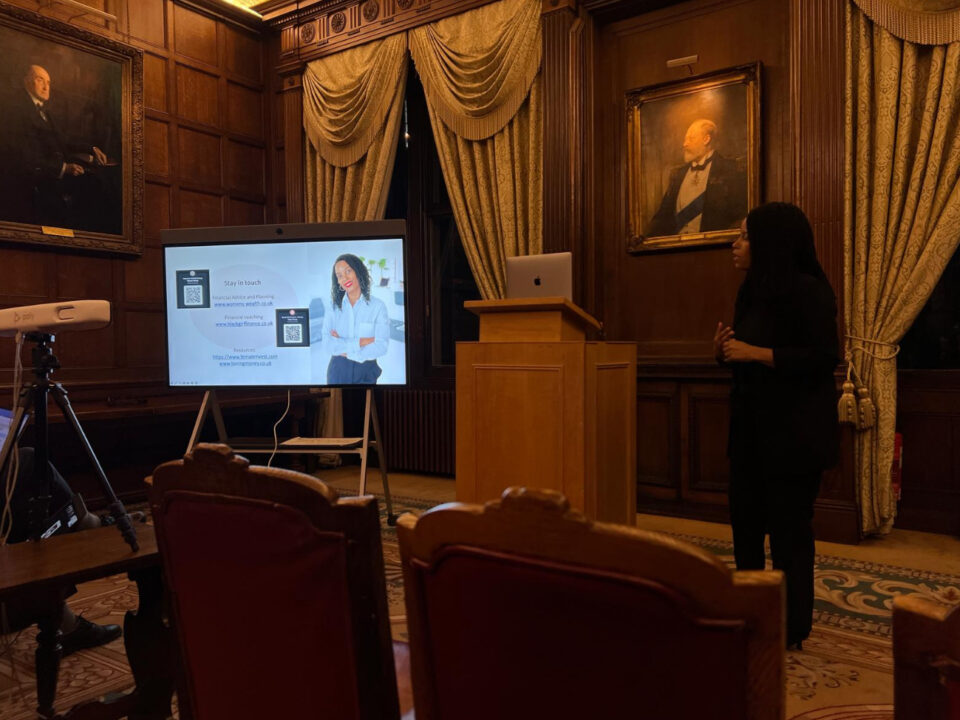
The Future Lawyer Weekly Briefing – W/C 18th December 2023
December 18, 2023
Assessing the Legality and Practicability of the UK’s Asylum Seeker Policy
December 20, 2023Article by Sofia Gagliardi.
Reading time: three minutes.
It is no secret that the legal profession was historically made up of white males who went to Oxbridge. But times are changing: from having women in the Supreme Court to ethnic minorities representing the Law Society and Bar StandardsBoard, we are experiencing the accessibility of the profession to people from all backgrounds. The legal profession is eager to open its doors to members of all different communities because it recognises the importance of representing our own society.
My background
I am half Italian and half from the US. I lived in Milano for my first 15 years and moved to California where I completed high school. I came to London in 2017 to study law at University and have been here ever since. In my final year of my LLB at City Law School, I found out I was dyslexic. As an international student, it has been challenging to form a network of people and dive into one of the most competitive professions. But with resilience, courage and perseverance, it is possible. I was able to, and you will too!
Being International
Taking advantage of opportunities must be at the top of the list in overcoming adversity. Universities, mentoring programmes, societies and general networking are just some of the methods that help law students in their pursuit of a career at the Bar. During my LLB, I participated in legal social events of all types. Law balls, workshops, panel events and just speaking to my professors were some of the ways I formed incredible connections and learned about the legal industry. Networking taught me how to be confident in myselfand be curious. The formation of these professional connections helped me secure mini-pupillages, employment and marshalling experiences.
Additionally—and most importantly—I found mentors who I could relate to. They are trail-blazing women from different ethnic minorities and non-traditional backgrounds. They gifted me with first-class advice and very-needed moral support. New systems are difficult to navigate and having someone explain how to attain your goals is invaluable. I appreciate that for international students it can be more intimidating to approach professionals in a foreign country; but the biggest risk has already beentaken—moving to the UK. Thus, speaking to a few more strangers is not going to be any harder.
This is a woman’s world
My latest visit to the Royal Courts of Justice struck me because I saw so many women sitting as judges, including the president of the Criminal Court of Appeal. There are women at all levels of the judiciary and the Bar. Without a doubt, pursuing a career at the bar as a woman is a challenge: from fighting stereotypes to being minimalised by some of your ‘learned friends’, women must overcome a significant amount of adversity. There is no doubt that by being resilient in applying for pupillage, silk and the judiciary, women will continue to break down barriers and pave the path for the next. By adopting this mentality, I have been able to enter the legal world head-on. Some of the recent changes I have noticed include the recognition of their child-caring responsibilities, hence needing to leave court by a certain time, and inappropriate behaviour being called out by barristers and judges.
Additionally, many chambers are adopting policies for maternity leave at the Bar and the formation of legal organisations run by women to help others overcome the challenges they face—Women in Criminal Law, just to name one.
Learning challenges
Given the nature of law, drafting documents is something that must be done daily. Writing is something I have struggled with for years. By being dynamic in my approach to finding solutions to my problems, I overcome the challenges that I face. Some of the things I do is to request additional reading time for work tasks and assessments, ask for clarification on a work assignment or simply have someone read over something I wrote. This ensures the expectations between parties are met and the work can be completed effectively to a high standard. I embrace the struggle that I face because it has made me excel in many other things, such as public speaking, verbal examinations and networking.
Finally
Adversity is a barrier that takes a different form for everyone. But with resilience, determination and courage, anyone can overcome barriers. Do not be afraid to ask for guidance, organise programmes to help others, and most importantly, embrace who you are, so you can create your own path to face the journey head-on. Share your experiences, thoughts and ideas with professionals at higher levels. People want to listen, and even if they don’t, the next person will.





